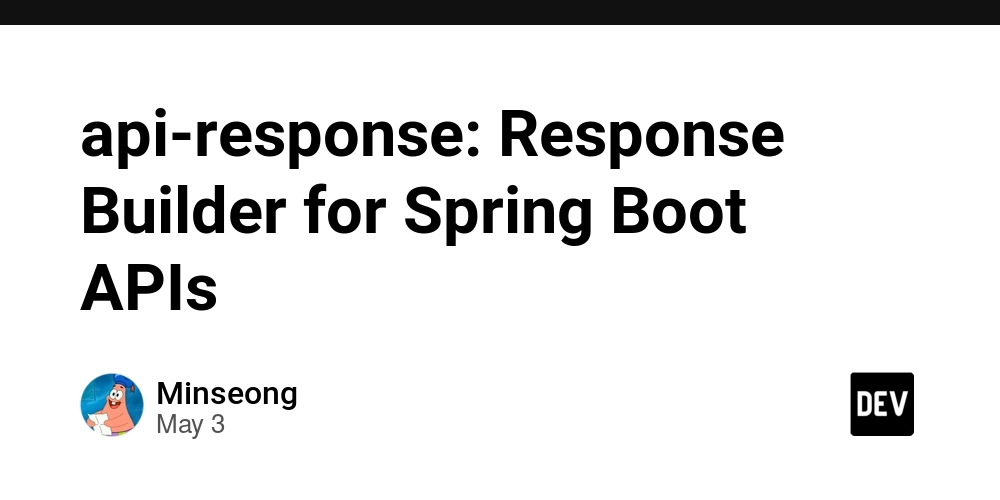The de minimis loophole is officially closed — get ready for higher prices and longer waits on your packages
The loophole allowed retailers to not pay import taxes or tariffs on shipments valued at less that $800 that were sent straight to customers.
Reuters/Aly Song
- The de minimis trade loophole has expired, affecting international shipping costs.
- The loophole allowed shipments under $800 to avoid import taxes and levies.
- Shein and Temu have said they will raise prices due to the tariff rates on Chinese imports.
A trade loophole called de minimis, which allowed for cheaper international shipping, expired one minute past midnight on Friday.
The de minimis exemption meant retailers could save a lot of money on parcels sent to the US by not having to pay import taxes or levies. It applied to shipments valued at less than $800 that were sent directly to customers.
Why has de minimis expired?
President Donald Trump first closed the loophole in February. But a few days later, he signed an executive order that said de minimis — also known as Section 321 — would remain in place until customs officials could establish a new process for collecting duty on packages sent using the provision.
Now, the tariff exemption is being scrapped altogether.
The White House has called closing de minimis a "critical step in countering the ongoing health emergency posed by the illicit flow of synthetic opioids into the US."
Trump said on Wednesday that the loophole was "a big scam going on against our country."
Why does closing de minimis matter?
According to the US Customs and Border Protection, de minimis shipments account for over 90% of all cargo entering the US.
This loophole has been especially friendly to Chinese fast-fashion giants Shein and Temu, which, up until Friday, could import ultra-low-cost items from China without paying any duty. From February, other companies that manufactured goods in China were subject to tariffs.
Now, shipments from China that previously didn't face any tariffs will be exposed to a tariff rate of 145%.
Millions of Americans were attracted to both Shein and Temu for their low prices and clearance sales, sometimes up to 90% off. But it is primarily the de minimis exemption that allowed them to offer these price tags.
The rival companies said they would be raising prices following increases in tariff rates.
"To keep offering the products you love without compromising on quality, we will be making price adjustments starting April 25, 2025," Shein said in a statement earlier this month.
It added that its "operating expenses have gone up" due to "recent changes in global trade rules and tariffs."
Meanwhile, Temu added "import charges" to customers' orders at the end of April.









































































